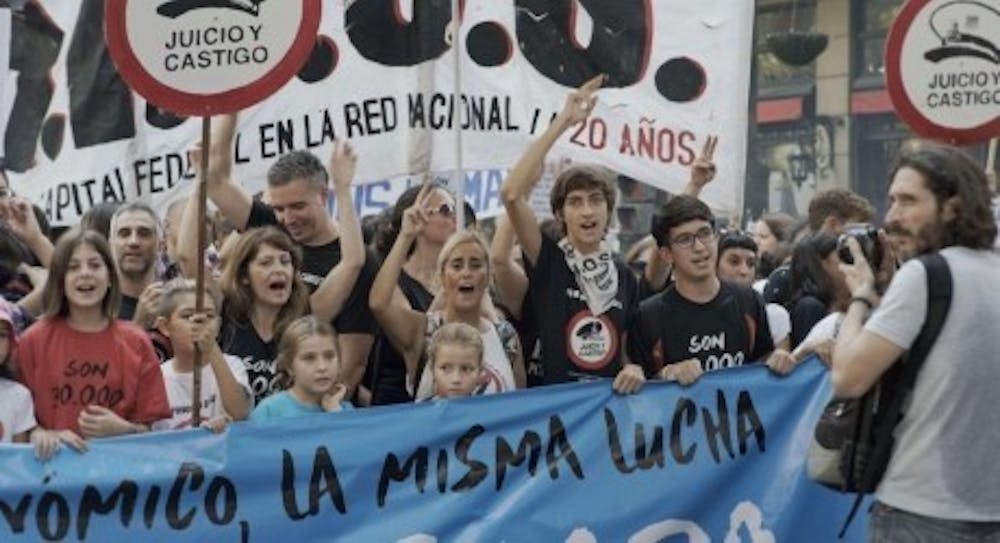María López had worked with the Chicago Latino Film Festival for the last 10 years, but her recent move to North Carolina meant she could no longer be part of the festival — or so she thought.
Through a network of friends, López connected with Miguel Rojas-Sotelo, director of the North Carolina Latin American Film Festival, and built a bridge between the two events. The Nelson Mandela Auditorium at UNC’s FedEx Global Education Center will be hosting a free screening of a selection of short films from the Chicago Latino Film Festival on Oct. 23 at 7 p.m.
“I’m really excited about sharing this collection with the North Carolina community,” López said. “I feel they are the ones that really spoke to me or that I saw really impacted the audience at this past year’s festival.”
The short films will cover several topics through a variety of genres, all highlighting and contextualizing the many narratives of the Latinx and Latin American experience.
“Since the explosion of media back in the 1990s, we have seen exponential realities represented through multiple media,” Rojas-Sotelo said. “What we try to do is organize that explosion of perspectives and realities.”
Through comedy, drama, fiction and even animated film, Rojas-Sotelo said the independent short films will act as time machines that can capture audiences and transport them to different times and places in Latin American culture.
“We are trying to bridge many communities and bring them together in front of the screen,” Rojas-Sotelo said.
Rather than having people watch films at home alone through a streaming service or on their phone, Rojas-Sotelo said the screening provides audiences with the opportunity to share the experience of exploring a culture in front of a big screen together.
Pepe Vargas is the producer of the Chicago Latino Film Festival, where this selection of films was originally screened.



